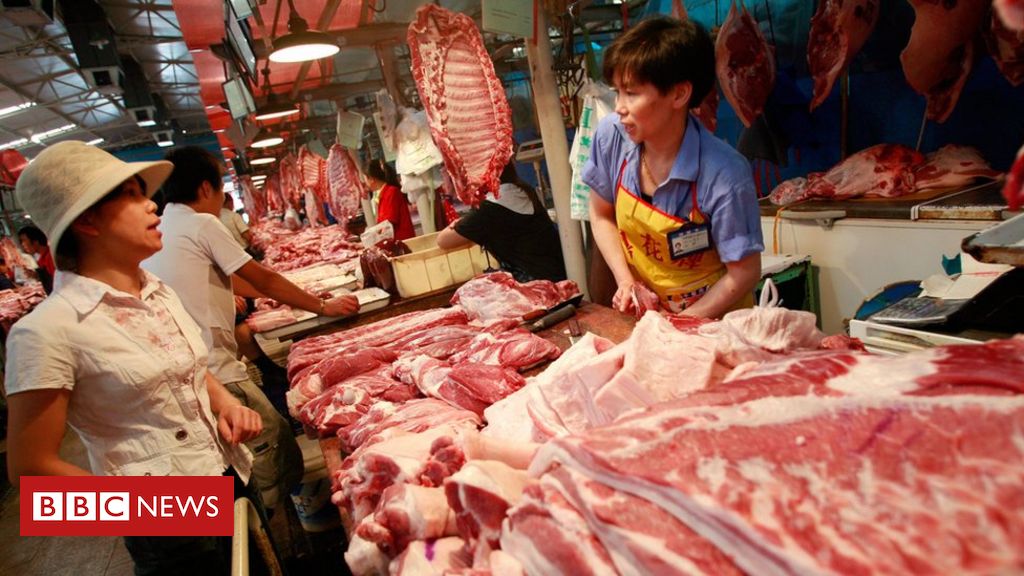Report Calls for Changes to Protect Migrant Agricultural Workers and Canada’s Food Supply

A new report from UFCW Canada, the country’s leading advocate for agricultural workers, has called for urgent changes to protect the health, safety, and rights of tens of thousands of migrant agricultural workers who are essential to Canada’s food supply
The report – The Status of Migrant Farm Workers in Canada, 2020 – calls for 14 legislative and regulatory reforms to a system which according to the report currently leaves migrant agricultural workers more vulnerable than Canadian workers to exploitation, health risks, and employer reprisal.
UFCW Canada (the United Food and Commercial Workers Union) represents more than 250,000 members across Canada working in every sector of the food industry from field to table. For 30 years, UFCW Canada has been the leading voice and advocate for both domestic and migrant agricultural workers.
“Governments must act to protect these workers, who contribute so much and are forced to suffer in silence”
“Every year, tens of thousands of migrant agricultural workers come here and work hard to provide food for Canadian families. And what many of these hard-working people get in exchange are working and living conditions that most Canadians would find appalling,” says Paul Meinema, the national president of UFCW Canada. “The federal and provincial governments must act to end the systemic discrimination that restricts the rights and protections for migrant workers and leaves them invisible, afraid, and powerless to raise concerns about their housing and workplace conditions.”
Recently, the COVID-19 pandemic has shone a spotlight on these conditions as contributing factors in the COVID-19 deaths of at least three migrant agricultural workers in Canada, and more than a thousand others testing positive for the virus.
Migrant workers have become the essential backbone of Canada’s agriculture food system, making up more than half of Canada’s paid agricultural workforce. These workers are brought to Canada under two federal programs: the Seasonal Agricultural Worker Program (SAWP) and the Temporary Foreign Worker Program (TFWP). The Status Report outlines a number of urgently needed reforms to both programs as well as to some provincial labour laws. Some of the 14 reforms called for include ending the tying of a worker to a single employer; allowing migrant workers a pathway to permanent residency; ending the obstacles in some provinces that currently restrict the labour and collective bargaining rights of agricultural workers; and making union representation a necessary condition of the SAWP and TFWP initiatives, as the best practical measure in providing proper representation and protection to Canada’s most precarious and vulnerable workforce.
“Governments must act to protect these workers, who contribute so much and are forced to suffer in silence,” says Meinema. “It is a matter of justice and human rights in the face of a current system that perpetuates global exploitation and abuse and punishes those who are so vital to Canada’s food security.”
For more information, download The Status of Migrant Farm Workers in Canada 2020.











